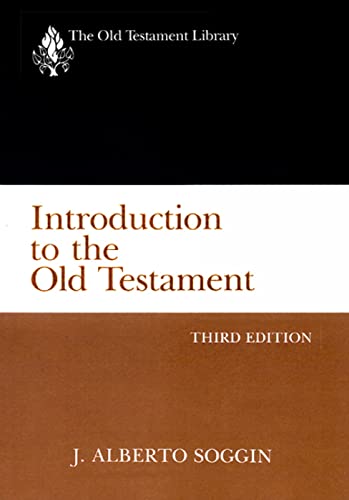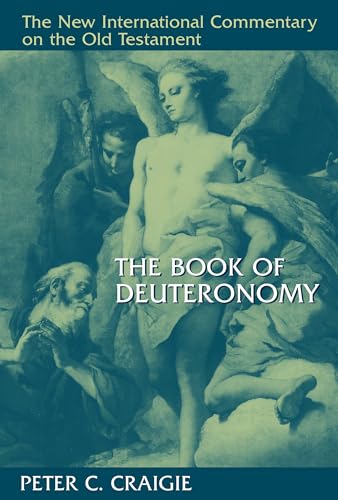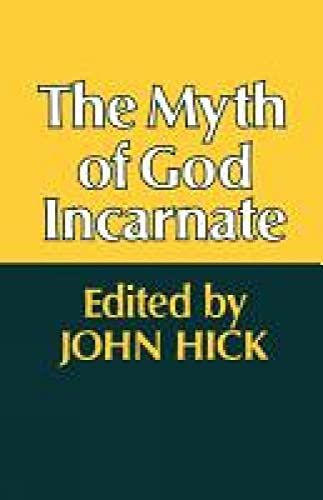I believe in the Great Commission
Written by Max Warren Reviewed By Derek J. TidballIt is dangerous to ask a man with the breadth of experience and knowledge which Max Warren has to write a short book called I believe in the Great Commission. But the danger signals were unheeded and consequently this book tries to accomplish too much.
Its central thesis is sound enough even if at times it is curiously expressed. Warren’s premise is that Jesus is the Great Commission in the sense that he is the one who is sent by God and he is the message of all those subsequently sent by God.
The implications of that claim are spelt out, first by a ramble through the New Testament, secondly by a dash through the church in history and thirdly by a stroll through some contemporary issues in missiology. His journey through history (nineteen centuries in sixty-nine pages) is an honest and novel look at the successes and failures of the missionary enterprise. And it certainly whets the appetite. It is in dealing with the issue of how we fulfil our mission in a world of religious pluralism, however, that he is perhaps most disappointing. His stress on our need to recover our nerve is timely. But his most crucial chapter should be the one where he reviews the varying contemporary approaches to mission, e.g. mission as sacramental service; as liberation; as dialogue, etc. But sadly he has not the room to exercise his own considerable judgment on the matter and he does not sufficiently relate it to New Testament foundations with which he began. Consequently, it is a poor second when compared with Stephen Neill’s recent Salvation tomorrow which is directed to the same question.
David Watson is an equally well-qualified author. But his contribution to the series is much more limited in scope and even then perhaps the title is too ambitious for the book itself. What we have here is an excellent book which captures the mood of evangelism among the middle classes of Great Britain. But it leaves other sections of our culture largely unconsidered.
It defines evangelism by a traditional exposition of the words euangelizesthai and kērussein. But his discussion would have been enhanced if it had included further words which he mentions on p. 46.
Some of the book is a good but unoriginal statement of basic issues in evangelism. But much else here is fresh and significant. One thinks in particular of his discussion of the place of the local church, worship and the Holy Spirit as refreshing. The debate about this book however is likely to centre on ‘The Word in evangelism’. Watson argues rightly that ‘the “word of God” is not to be taken as precisely identical with Scripture alone’ (p. 43) though he quickly adds that Scripture remains ‘the supreme objective authority’. This frees him to discuss how God communicates evangelistically through signs and miracles; a loving church; worship and praise; service and suffering. And not unexpectedly it leads him to affirm the value of dance and drama in evangelism. Clearly this book needs to be read with discernment, but not with prejudice. Altogether it is a most worthwhile and invigorating discussion of contemporary evangelism. And as such it has no rivals.
Derek J. Tidball
Plymouth







